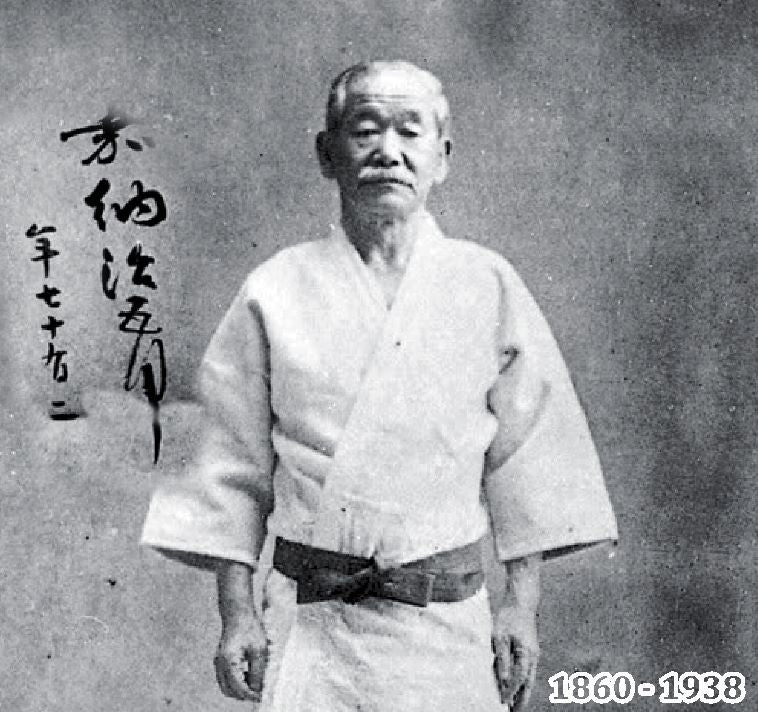
Origins in Japan
Brazilian Jiu-Jitsu has its roots in Japan, where several styles of Jiu-Jitsu existed for centuries. Traditional Japanese Jiu-Jitsu emphasized ground wrestling, throwing, and submission techniques. At the beginning of the 20th century, master Jigoro Kano created judo by synthesizing different Jiu-Jitsu techniques and emphasizing sports training.
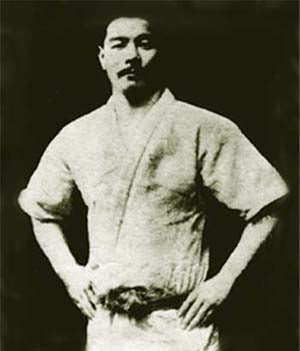
Mitsuyo Maeda in Brazil
In 1914, Mitsuyo Maeda, a Japanese Judo master, traveled to Brazil to promote judo. He met Gastão Gracie, a Brazilian businessman, whose son, Carlos Gracie, was particularly interested in Maeda's techniques. Carlos began learning from Maeda and passed his knowledge on to his brothers, notably Helio Gracie.
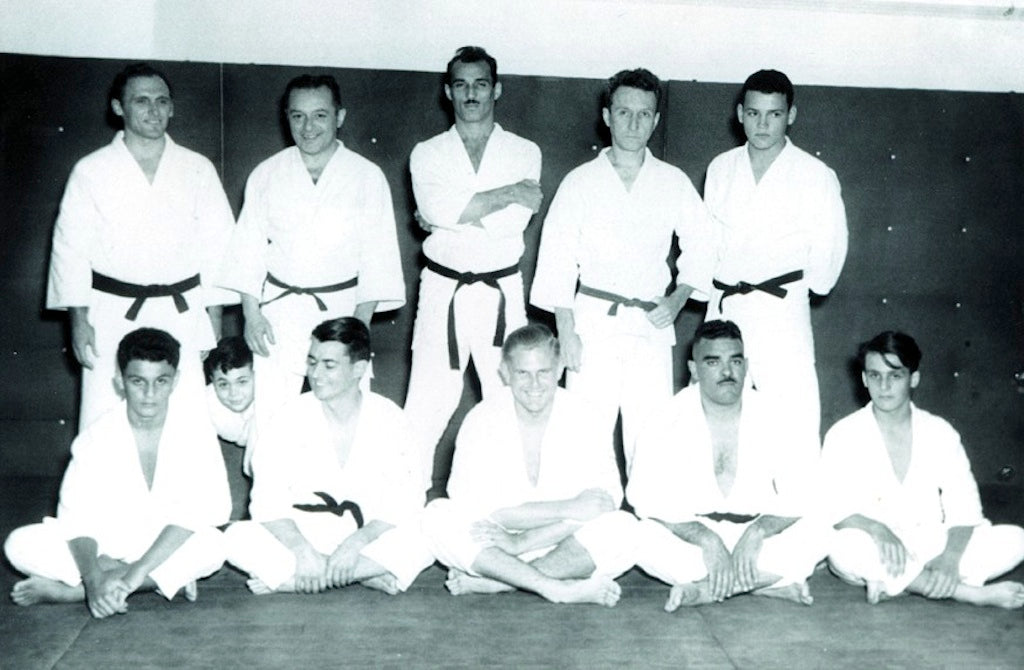
Development by the Gracie brothers
Helio Gracie, due to his weak physical constitution, adapted Jiu-Jitsu techniques to make them more effective for people of short stature or weak strength. This marked the beginning of modern Brazilian Jiu-Jitsu, characterized by a focus on ground fighting, submissions, and personal defense.
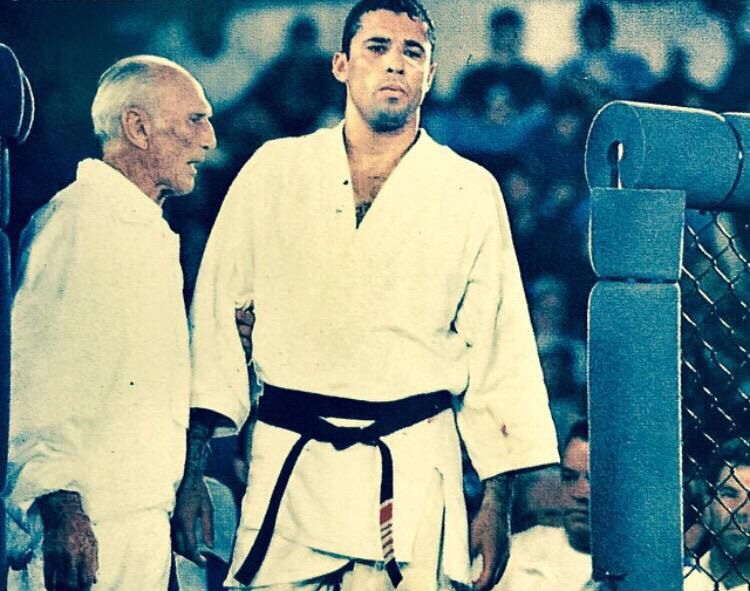
Popularity and competition
The Gracie brothers held tournaments and fights to prove the effectiveness of their style. The famous "Gracie Challenge" was an event where members of the Gracie family competed against other fighters from different disciplines. BJJ quickly became popular in Brazil and evolved into a competitive form
sports with specific rules.
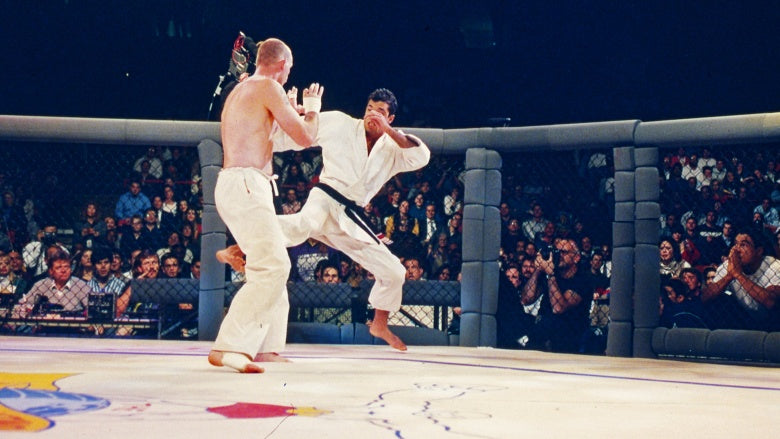
Global expansion
In the 1980s and 1990s, Brazilian Jiu-Jitsu gained international popularity, largely due to the successes of members of the Gracie family in early mixed martial arts (MMA) tournaments. BJJ schools were opened around the world, and many practitioners participated in Jiu-Jitsu competitions.
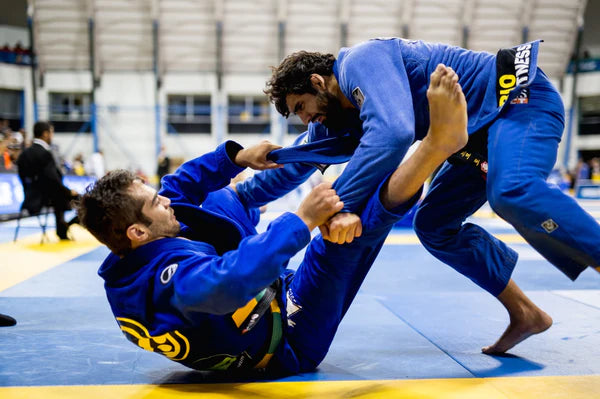
Contemporary development
Nowadays, BJJ is a standalone discipline practiced by millions of people around the world. There are several colored belts that represent skill level, ranging from white belt (beginner) to black belt (experienced). BJJ continues to evolve, with new techniques and strategies developed by practitioners and instructors.
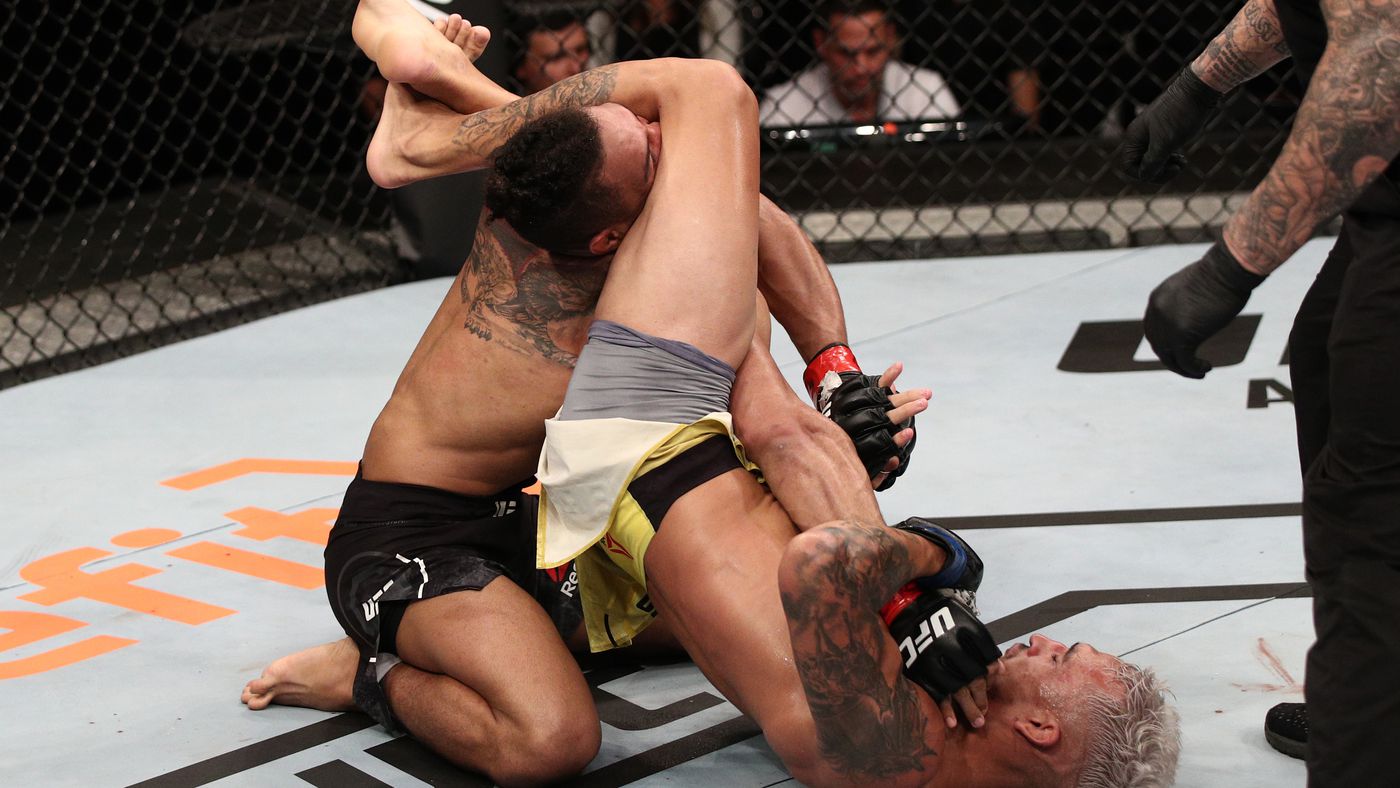
The impact of BJJ today
Brazilian Jiu-Jitsu has become a highly respected martial art form and is widely used in MMA competitions. It is also valued as a way to develop self-confidence, discipline, physical fitness, and self-control.

